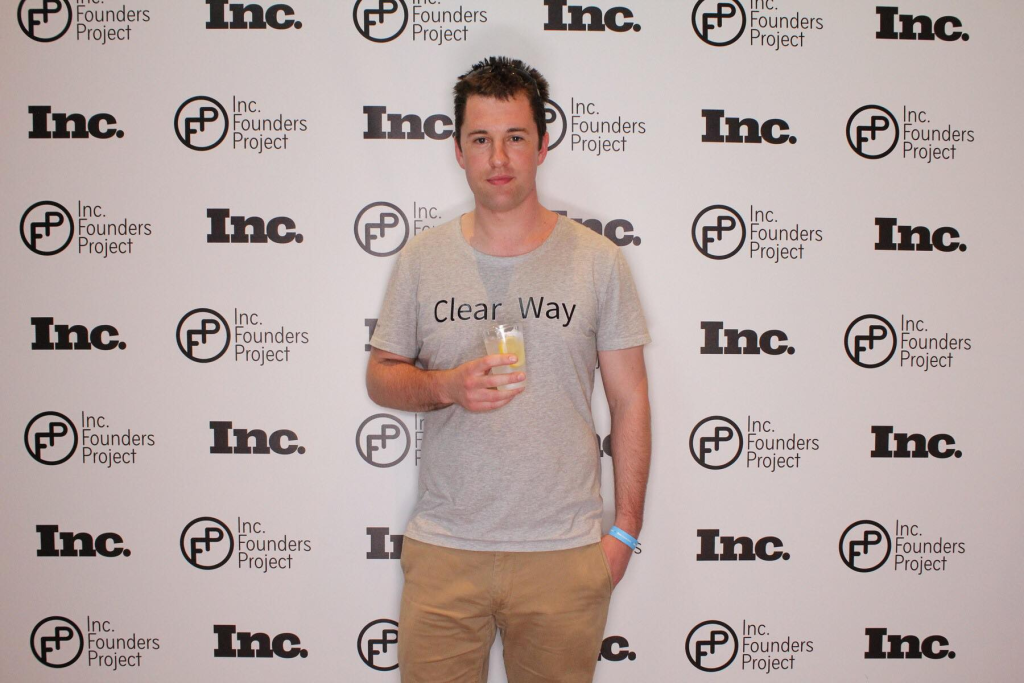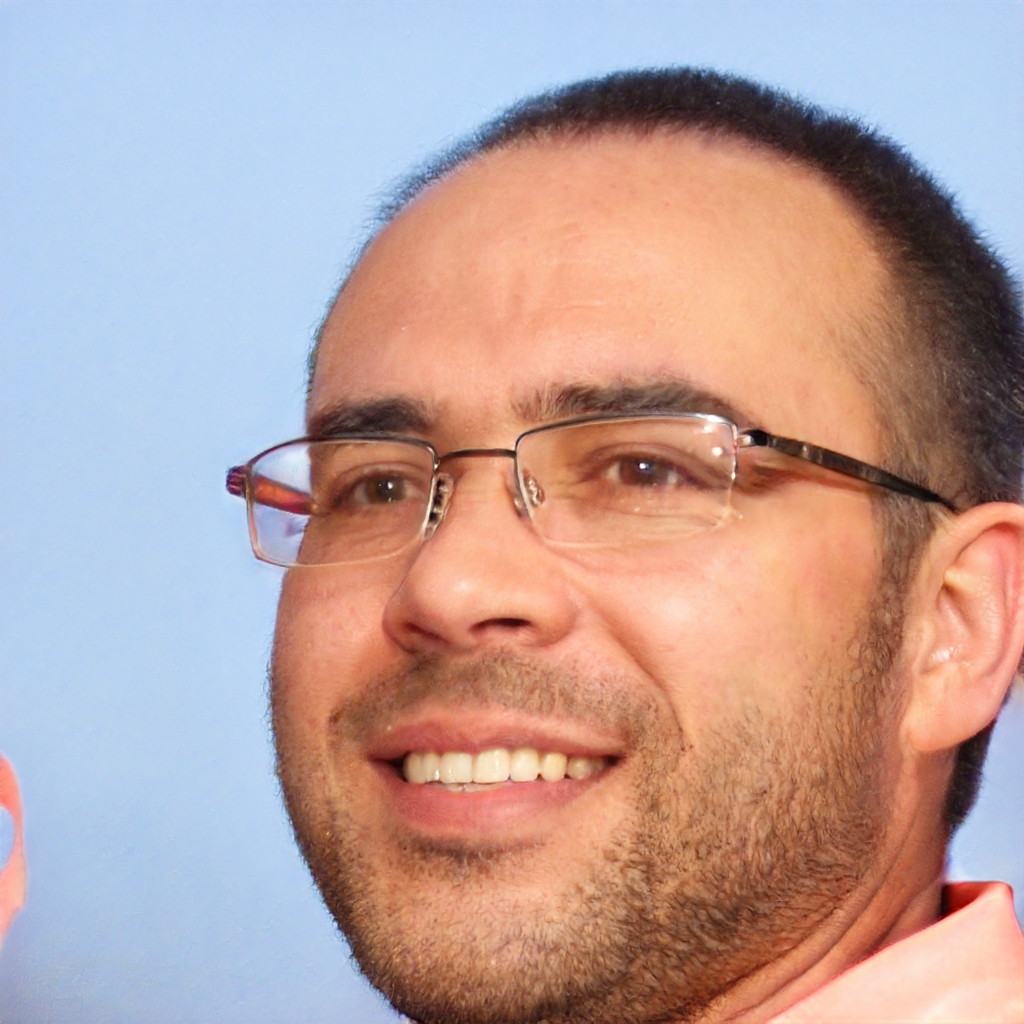How A Veteran Went From Getting Shot To Disrupting Legal Tech
Al Vigier has a fantastic story. His journey to becoming a legal tech entrepreneur began in the Canadian military, where he served for seven years.
Author:Paolo ReynaReviewer:Iram MartinsFeb 07, 20258.3K Shares143.1K Views

Al Vigier has a fantastic story. His journey to becoming a legal tech entrepreneur began in the Canadian military, where he served for seven years. He was shot in the right leg during a military operation, which ultimately led to his medical release. The injury and its aftermath set him on an unexpected path that would later improve the legal industry.
After his release, the military covered the costs for Al Vigier to pursue higher education, leading him to the University of Victoria, where he earned a degree in psychology and statistics. But his curiosity didn't stop there. He crossed the Atlantic to attend law school at the University of Birmingham in the UK, again supported by the military's education benefits.
Equipped with a fresh legal perspective and academic prowess, Al returned to Canada and started working for a divorce law firm. He quickly made his mark, helping the firm grow its revenue from $2 million to $5 million. However, he soon found the nature of the divorce industry emotionally draining and sought a more fulfilling career.
Meeting At The Clio Conference
In 2019, during ClioCon in San Diego, Al met Rian, co-founder of Clio, a $4 billion legal tech company. Around the time, Rian was stepping back from Clio's daily operations but still had his finger on the pulse of the legal tech industry as a member of its board. Al, eager to explore new opportunities, asked Rian about the gaps he saw in the legal tech space.
The two instantly connected over their shared vision, and soon, they began working on projects together. This partnership ultimately led to the birth of Clearway, an innovative platform designed to disrupt the traditional legal landscape.
Their first project was a learning curve — successful in user engagement but less so from a revenue perspective. Undeterred, Aland Rian pushed forward, iterating and refining their approach until Clearway Law emerged. Today, Clearway Lawis one of the largest legal websites in the world, boasting around 200,000 monthly unique visitors and more than 15,000 lawyer reviews. The platform hosts 1.1 million lawyers, allowing users to contact and leave reviews directly. It also will enable lawyers to customize their profiles, creating a more dynamic and interactive legal ecosystem. That being said, when lawyers got negative reviews from clients, they often find Al Vigier on his social media and complain aggressively.
Building One Of The Largest Legal Marketplaces
Al Vigier's journey from military service to legal tech innovation didn't stop with the creation of Clearway Law. Recognizing the potential to leverage Clearway's substantial web traffic for further growth, Al Vigier saw an opportunity.
Clearway Law had a significant online presence, with around 200,000 monthly unique visitors, but it struggled to convert that popularity into profitability. To address this challenge, they decided to pivot the platform toward selling other AI-driven software products tailored for the legal sector. Investor sentiment also changed after ChatGPT became popular around January 2023. It became challenging to raise capital for a non-AI-focused start-up.
A Client Screening Tool For Law Firms
Their next venture, Clearway Time, emerged as a solution designed to streamline client intake for law firms. Clearway Time allows law firms to pre-screen potential clients before scheduling a consultation. The software sends prospective clients a link requesting answers before the consultation, prompting them to complete a detailed questionnaire.
Clearway assigns potential clients a grade rating based on their answers. For instance, if someone indicates they are looking to hire a lawyer soon, they receive a higher rating than responses like "I'm not looking to hire a lawyer" or "I'm considering hiring a lawyer next year." This feature enables law firms to focus their time and resources on clients most likely to convert, increasing law firm profitability.
As Al Vigier continued to innovate in the legal tech space, he developed a new product separate from Clearway — Caseway. Al hopes to bring the products together soon, but negotiations with Clearway shareholders are pending.
Caseway has quickly gained traction, securing 175 sign-ups in just its first three weeks. This AI-driven tool provides a unique legal research experience, allowing paralegals, lawyers, and anyone with legal inquiries to interact with a specialized chatbot.
Caseway's reliance solely on court decisions as its source material sets it apart. Unlike other AI tools that might pull information from diverse platforms like Reddit, Facebook, or social media, Caseway's AI is narrowly focused. The AI doesn't know if a judge didn't write it.
Another distinctive feature of Caseway is its commitment to transparency. The chatbot's information is available for review, ensuring its reliability. This transparency is crucial for lawyers and paralegals, alleviating the fear of AI hallucinationsor errors and providing confidence rarely found in other AI tools.
Summary: A New Era In Legal Tech
Al has travelled a wild path, from his early days in the military to working his way up in the divorce industry and becoming a pioneer in legal technology. Through his ventures, Clearway and Caseway, Al has shown his ability to fight for the redefining of how the legal sector interacts with technology.
As the legal world evolves, Al Vigier must show how one individual's vision can drive meaningful change, even in the most traditional industries.

Paolo Reyna
Author
Paolo Reyna is a writer and storyteller with a wide range of interests. He graduated from New York University with a Bachelor of Arts in Journalism and Media Studies.
Paolo enjoys writing about celebrity culture, gaming, visual arts, and events. He has a keen eye for trends in popular culture and an enthusiasm for exploring new ideas. Paolo's writing aims to inform and entertain while providing fresh perspectives on the topics that interest him most.
In his free time, he loves to travel, watch films, read books, and socialize with friends.

Iram Martins
Reviewer
Iram Martins is a seasoned travel writer and explorer with over a decade of experience in uncovering the world's hidden gems. Holding a Bachelor's degree in Tourism Management from the University of Lisbon, Iram's credentials highlight his authority in the realm of travel.
As an author of numerous travel guides and articles for top travel publications, his writing is celebrated for its vivid descriptions and practical insights.
Iram’s passion for cultural immersion and off-the-beaten-path adventures shines through in his work, captivating readers and inspiring wanderlust.
Outside of his writing pursuits, Iram enjoys learning new languages, reviewing films and TV shows, writing about celebrity lifestyles, and attending cultural festivals.
Latest Articles
Popular Articles